Grenada Passport Benefits
Grenada has emerged as a leading destination in the Investment Migration industry, offering a robust Citizenship by Investment Programme that appeals to high-calibre individuals from around the world. One of the key Grenada passport benefits is enhanced global mobility. Grenadian citizens enjoy free movement within the Eastern Caribbean, visa-on-arrival access to over 140 countries and benefit from a politically stable, democratic environment. The country's tax system is another attractive feature, as it imposes no taxes on global income or inheritance for non-residents.
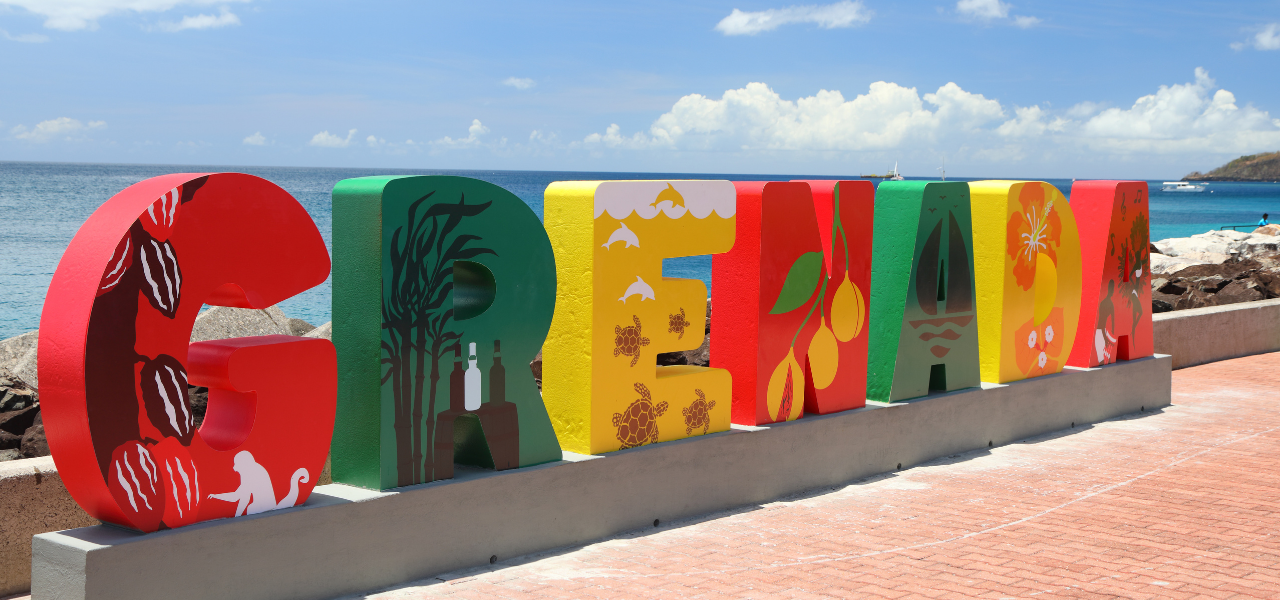
Thanks to its reputable Grenada Citizenship by Investment Programme, the country has become a sought-after destination for individuals exploring global citizenship options, . One of the most appealing aspects is the wide range of Grenada passport benefits, which include visa-free travel, favourable tax policies, and access to international opportunities. With its stable political environment and commitment to high standards, Grenada offers a strategic and secure choice for global mobility and quality of life.
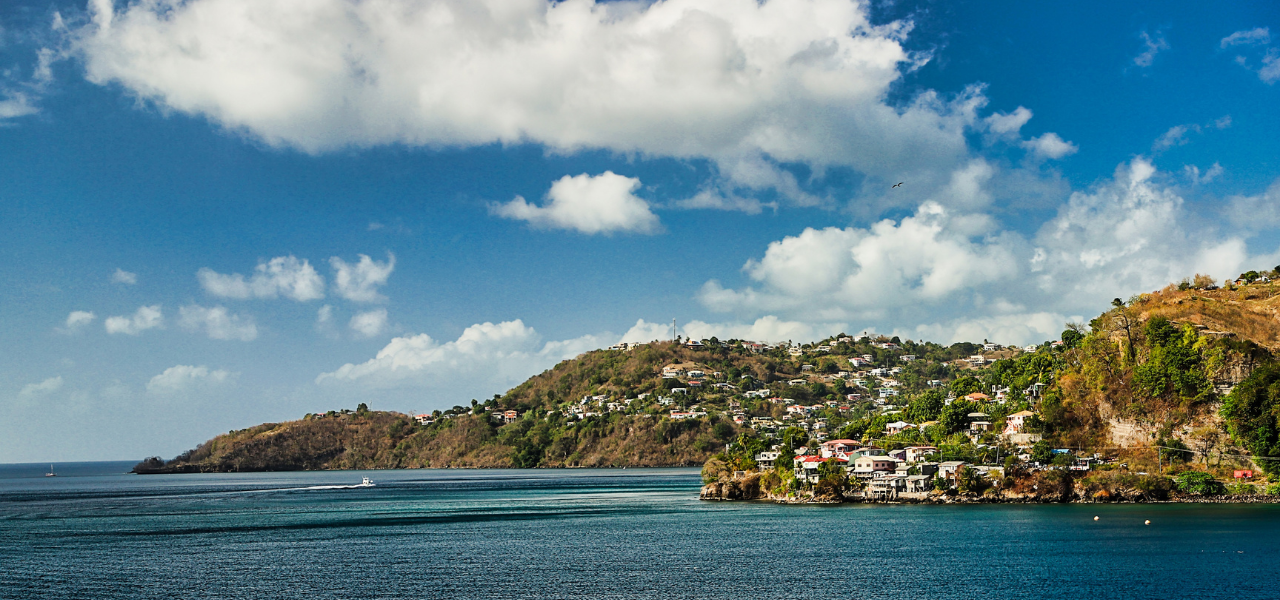
Key Grenada Passport Benefits
A passport is a tool that is meant to grant the holder of it mobility. Mobility, which serves as the impetus for Investment Migration, is important for several reasons, including conducting international business, accessing top-tier education, enjoying recreation, and ensuring stability, peace and security. When one considers seeking citizenship in a new country, that is primarily done if it will be beneficial to the overall quality of life of an individual and their family, together with the impact it will have on their global mobility.
Grenada, an independent state located in the Southern Caribbean, is a prominent country in the Investment Migration industry given its high quality of life and the mobility its citizens possess. Grenada passport benefits are a major draw for applicants worldwide. Its reputation in the Investment Migration industry is built on the rigorous nature of its Citizenship by Investment Programme, as Grenada has attracted mainly high-calibre applicants who have proven themselves to be law-abiding, legitimate people who are not the subject of scandals and fraudulent schemes. Being able to preserve the reputation of a State requires a multifaceted approach and Grenada, at present, continues to do a stellar job with its prompt and decisive approach to treating any ills that may negatively impact its reputation. So what makes Grenada such a competitive participant in the Investment Migration industry?
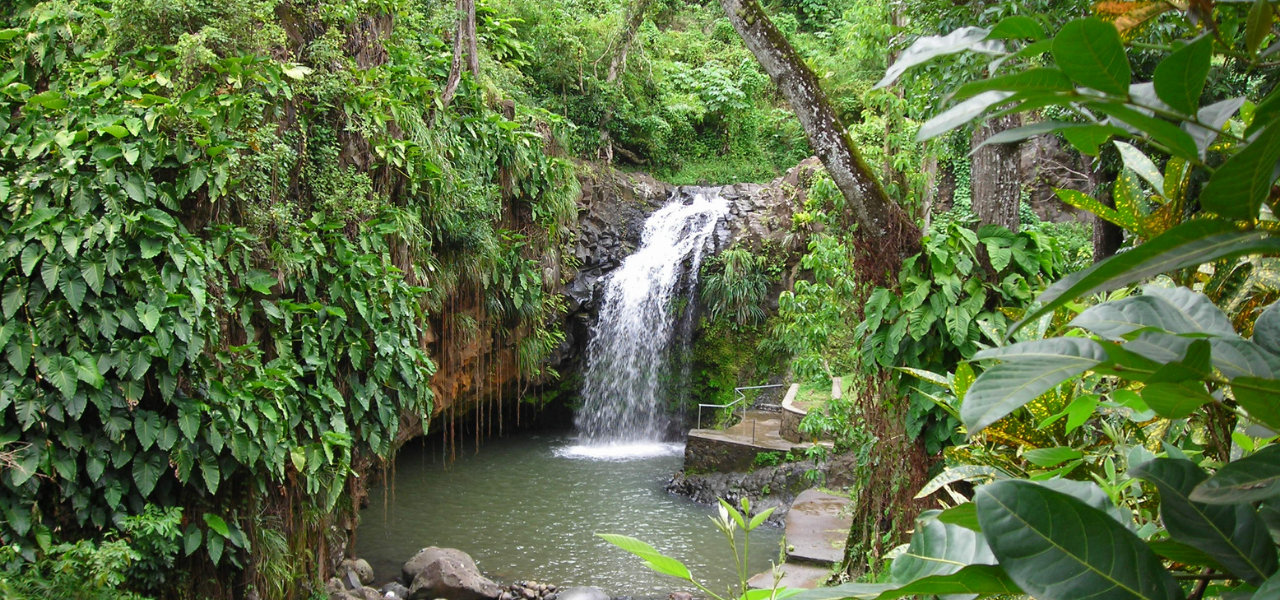
It may surprise many to know that Grenada, according to statistics provided by the Investment Migration Agency of Grenada, receives applicants for citizenship from approximately 20 to 30 countries annually, inclusive of the United States, Canada and Great Britain. There is no official data available ascertained from individuals who have applied and secured Grenadian citizenship, explaining why Grenada. Notwithstanding, one proposes that the following are the salient considerations:
Taxation
In Grenada, there is no taxation of global income. Grenada’s taxation system is uncomplicated for individuals doing international business, as their income generated outside of the jurisdiction is not subject to taxation in Grenada. Also, for estate planning purposes, it is useful to note that there is no inheritance tax payable by the estates of a deceased person in Grenada. Do note that individuals resident in Grenada and companies doing business in Grenada do pay income tax. Grenada passport benefits are enhanced by this favourable tax environment, especially for global entrepreneurs and investors.
Political stability
Grenada is a democratic country headed by the Governor General, appointed by the King of England, and the Government is led by the Prime Minister. General elections are constitutional due every 5 years, with the Prime Minister having the power to call such elections when he or she deems appropriate. Whilst between 1979 to 1983 there was a revolution in Grenada where there was a coup of the then constitutionally elected Government, Grenada has long moved past those 4 years as 40 years later, it has upheld and followed the ideals of democracy embracing free and fair elections together with freedom of speech, movement and such other fundamental celebrated human rights. Grenada passport benefits are further reinforced by the nation’s political maturity and stable governance.
Mobility
Grenadians enjoy free movement throughout the Eastern Caribbean. That means, if you are a citizen of Grenada holding a Grenadian passport, you are entitled to free movement to Antigua & Barbuda, Dominica, St. Lucia, St. Vincent, and St. Kitts and Nevis, which includes relocating and living in any of those countries without more. Also, Grenadians travel visa-free to over 140 countries, and may apply for visas on entry and for electronic visas to over 20 countries. Visa-free travel is but one of the many perks of having Grenadian citizenship, which allows you to travel on a Grenadian passport. Grenada passport benefits include not only freedom of travel but also increased global access with fewer restrictions. Further, the reputation of its citizens is not plagued or associated with illegitimate activities, making it such that applying and obtaining visas to travel to jurisdictions where visas are needed, allows an individual to face less prejudice and be given more favourable consideration, though ultimately, whether one is granted a visa to a country is dependent on them as individuals and the lives they live and not the State. Also, the Treaty between the United States of America and Grenada concerning the Reciprocal Encouragement and Protection of Investment permits Grenadian citizens who have been domiciled in Grenada for a continuous period of three years to apply for a non-immigrant USA E2 visa.
Education
Grenada is home to the prestigious St. George’s University School of Medicine (SGU), a key provider of medical doctors in the global healthcare system with an over 94% residency match rate at present. SGU also has a full arts, science and veterinary programme together with the medical school. At present, Grenadians are eligible for 100 undergraduate scholarships and 22 medical school scholarships annually to this prestigious institution.
Descendants and Dependants
Once an individual is Grenadian, any spouse of a Grenadian on marriage is entitled, on application, to be Grenadian. Additionally, all children born to a Grenadian citizen anywhere in the world are also entitled, on application, to be Grenadian. That offers one’s family the comfort of knowing that everyone will be citizens of Grenada and can travel as a family on Grenadian passports, enjoying full Grenada passport benefits together.
Final Thoughts

Collectively, Grenada stands out as a well-regulated and attractive option in the global investment migration landscape, offering a compelling suite of benefits for individuals and families from its favourable tax regime, stable democratic governance, strong international mobility, reputable educational institutions, and inclusive provisions for dependants. As the world continues to evolve, citizenship in a jurisdiction that values integrity, opportunity, and quality of life remains a strategic asset and Grenada passport benefits continue to prove themselves a worthy advantage for discerning applicants.
FAQs
What is Grenada known for?
Grenada is affectionately described as the island of spice, given its wide cross section of locally grown spices which include nutmeg, cinnamon, clove and pimento, to name a few. Its locally produced chocolate has gained much prominence for its authentic, pure form and rich taste. The island has also gained much recognition from the excellence of track and field athletes Kirani James, an Olympic 400m gold medal winner, and Anderson Peters, a javelin World Championship gold medal winner.
What are the methods for applying for Grenadian citizenship?
There are two primary methods via which an individual may obtain Grenadian citizenship by investment. One option is to make a one-time monetary contribution to the National Transformation Fund. Monies paid into the National Transformation Fund in Grenada are used to support the capital projects, education, social development programmes and several other such developmental programmes. The second option is to purchase property in an approved real estate project. Investing in an approved real estate project allows an individual to own prime real estate, which tends to be income generating in Grenada. You can find out more about the detailed explanation of investment options and fees on our Grenada CBI home page.
What is the official language of Grenada?
The native language of Grenada is English.
How do I travel to Grenada?
Grenada has an International Airport and receives visitors from many major International airport hubs with daily direct flights from New York and Miami, and twice weekly direct flights from Canada and London. Additionally, there are weekly direct flights from Atlanta and Charlotte and also seasonal direct flights to Germany.
What are fun things to do when visiting Grenada?
Grenada is a diver’s paradise with numerous exotic reefs to visit and an underwater sculpture park with displays of several historic and cultural artefacts. Its mountainous terrain draws many hikers who wish to explore its vast hillside and enjoy magnificent views. Also, the variety of its food options which includes its national dish Oil Down which is a stew made with breadfruit, different types of salted meat all cooked in coconut milk is a much have menu item once visiting.




.svg)





.png)
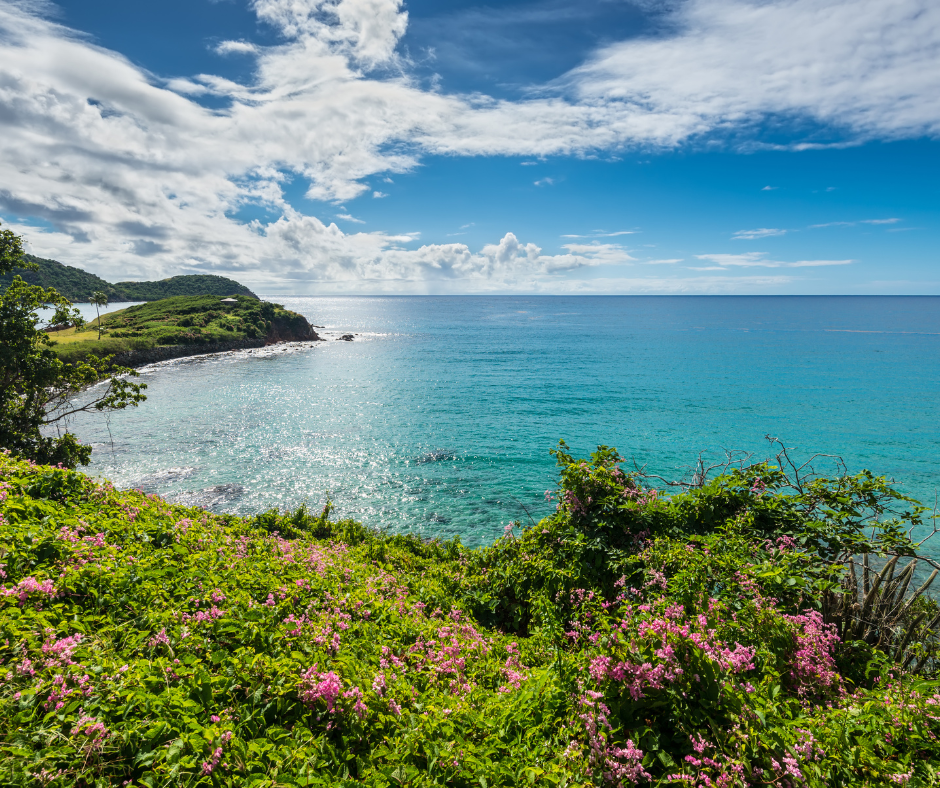
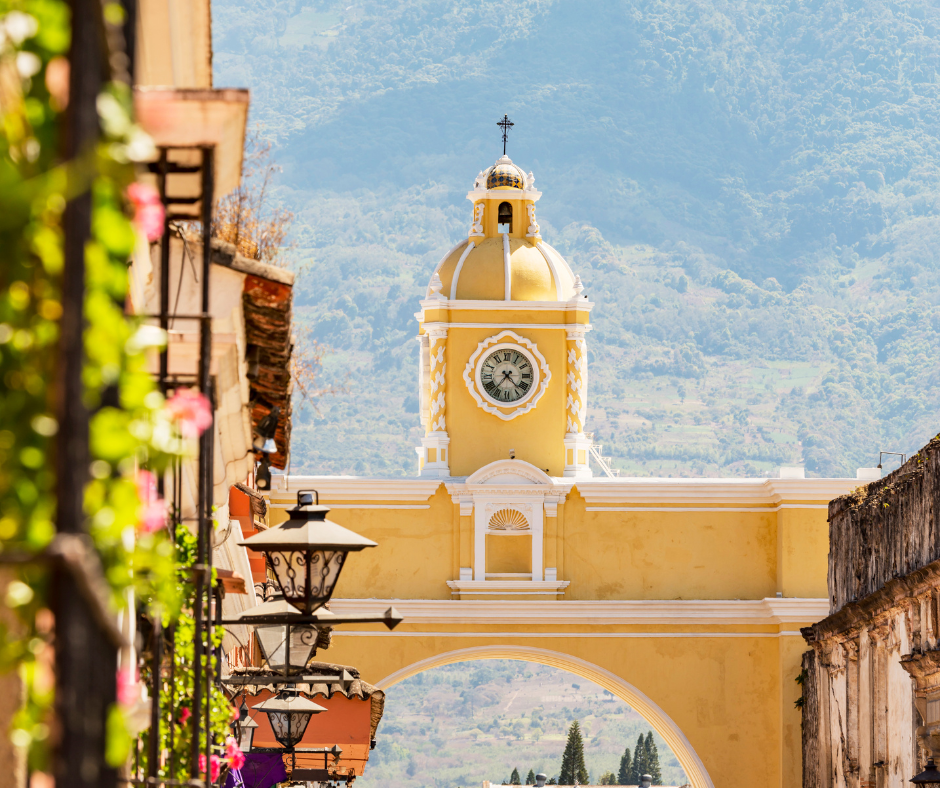
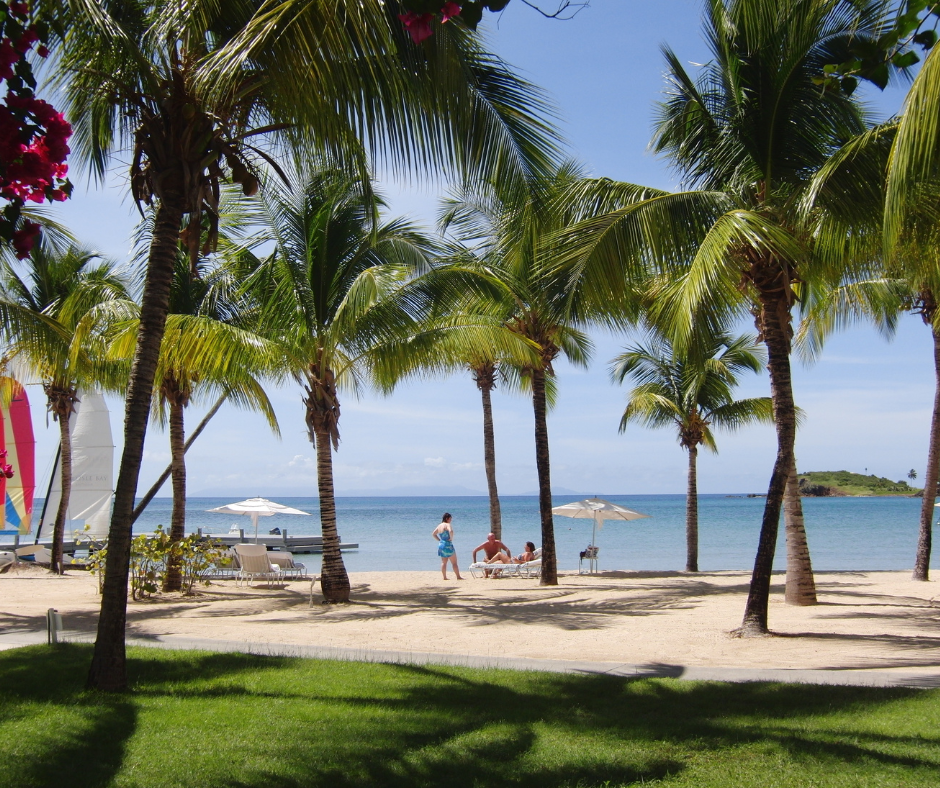
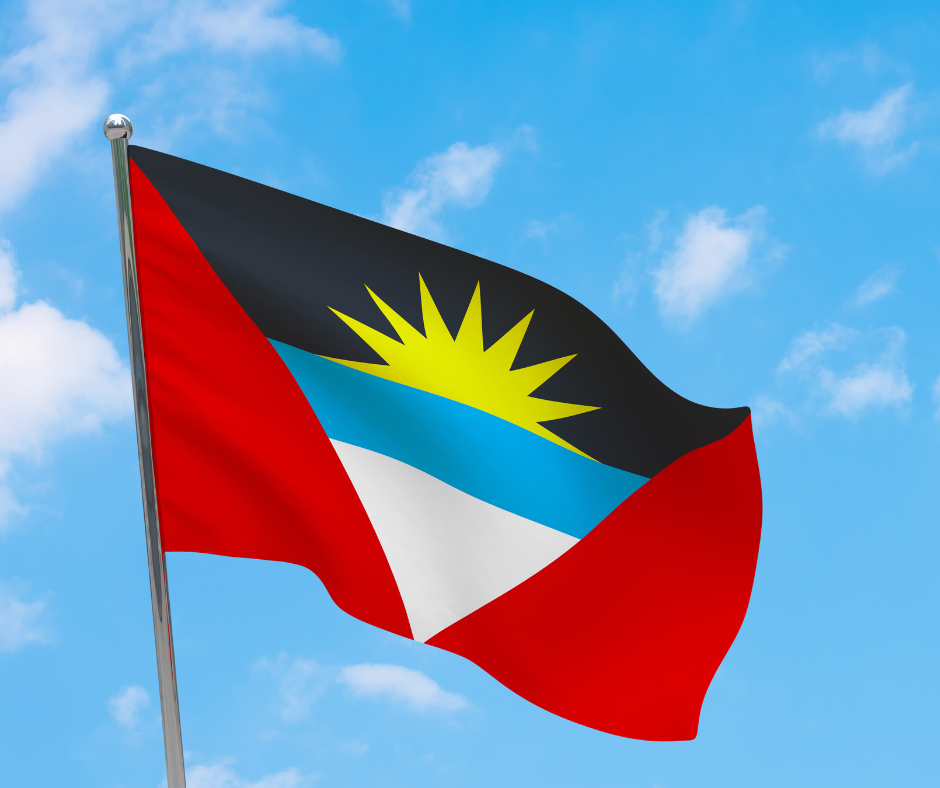

.png)
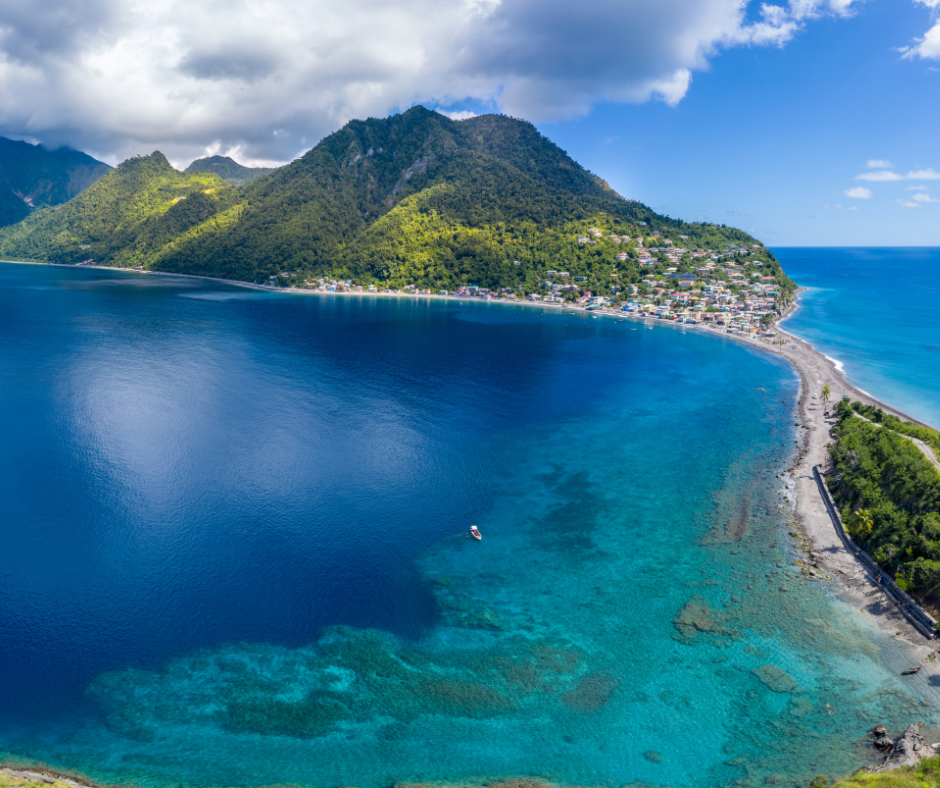
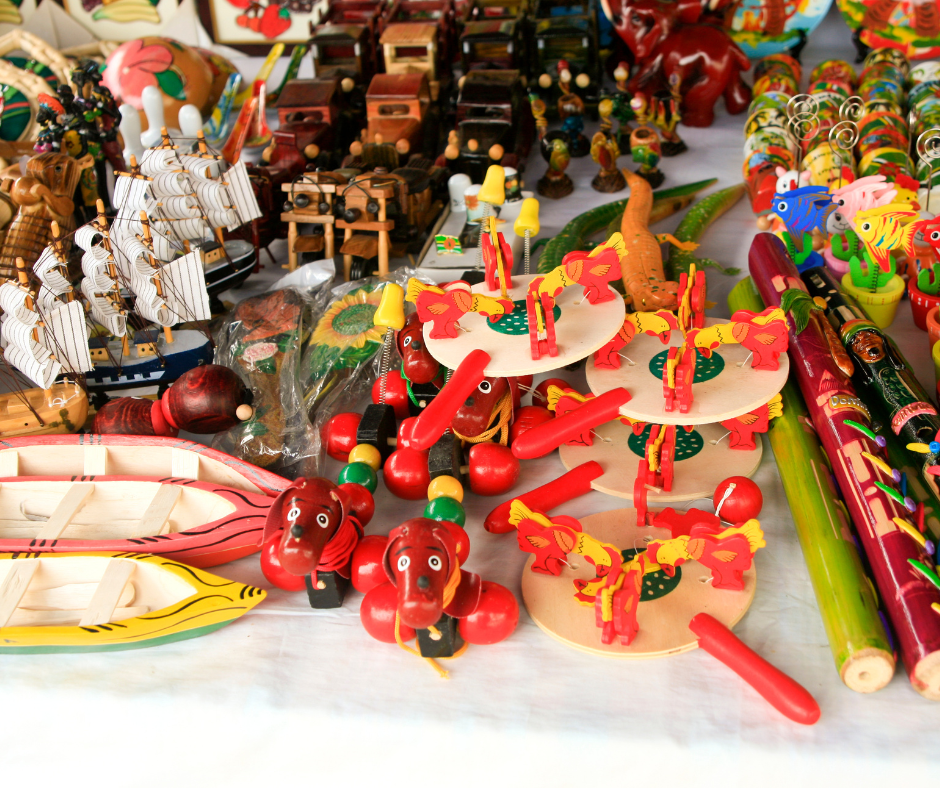
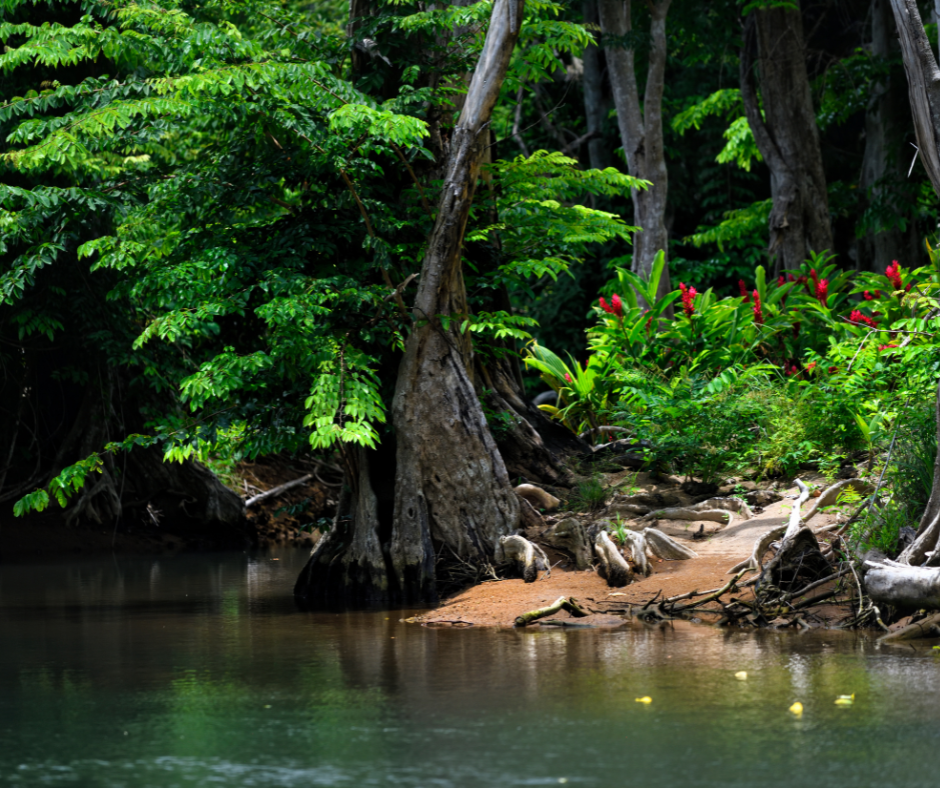
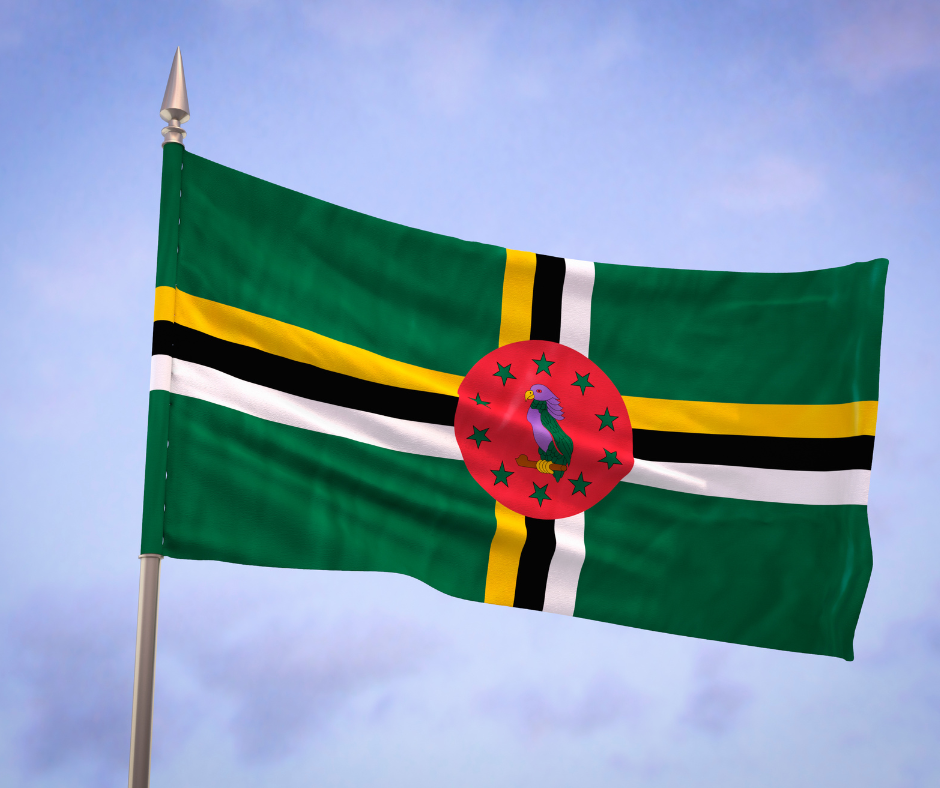

.png)
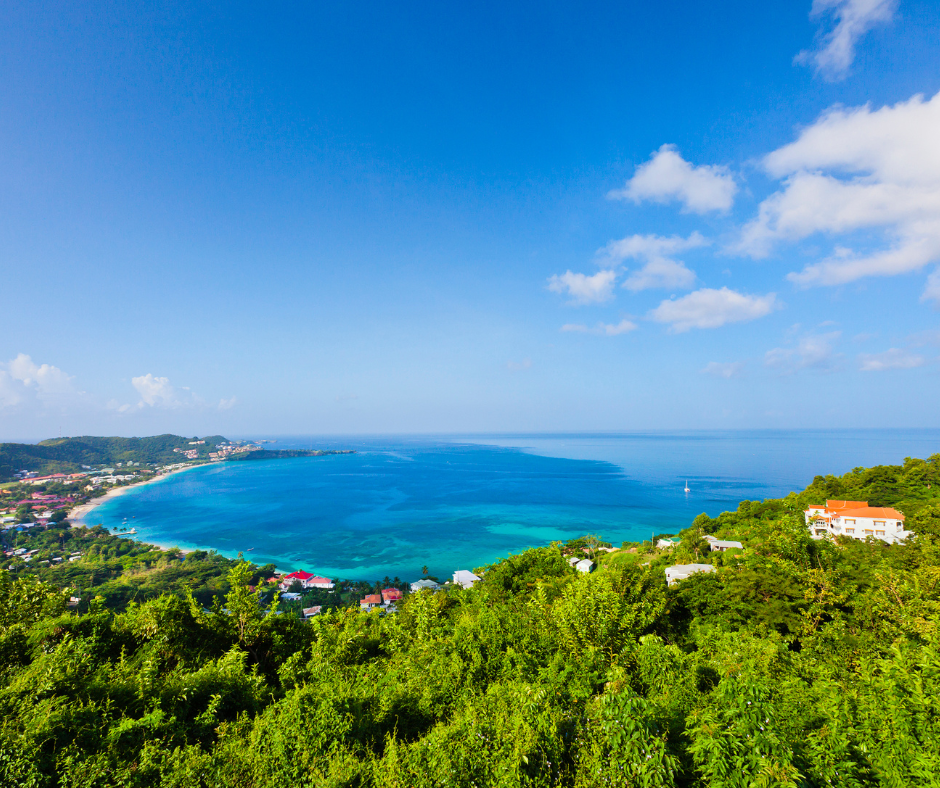
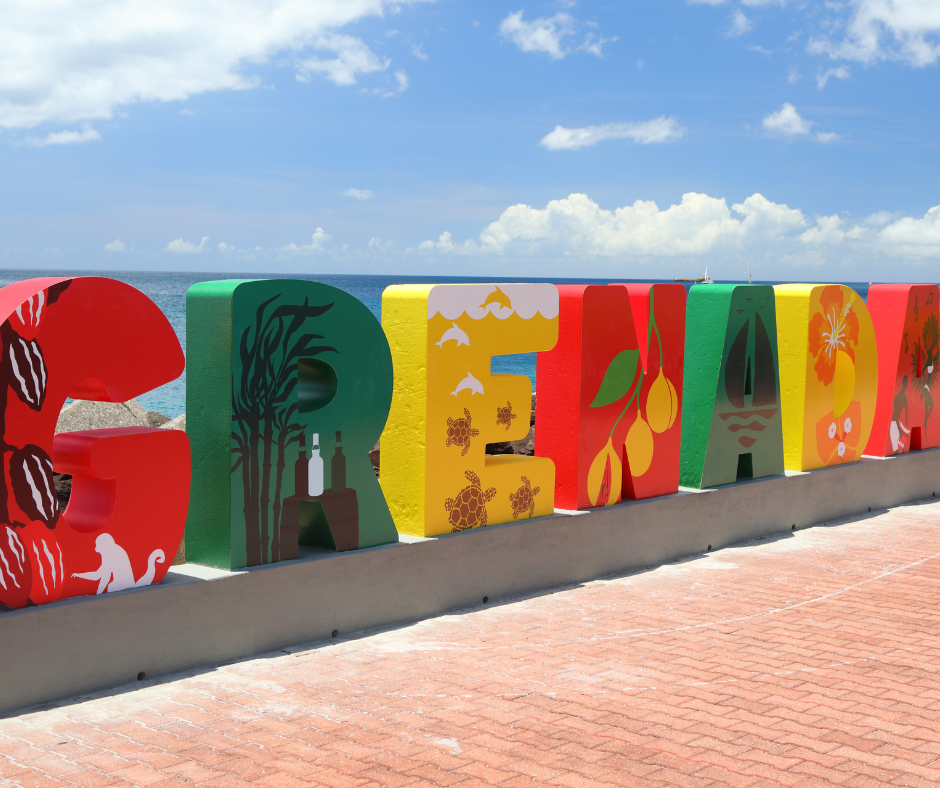
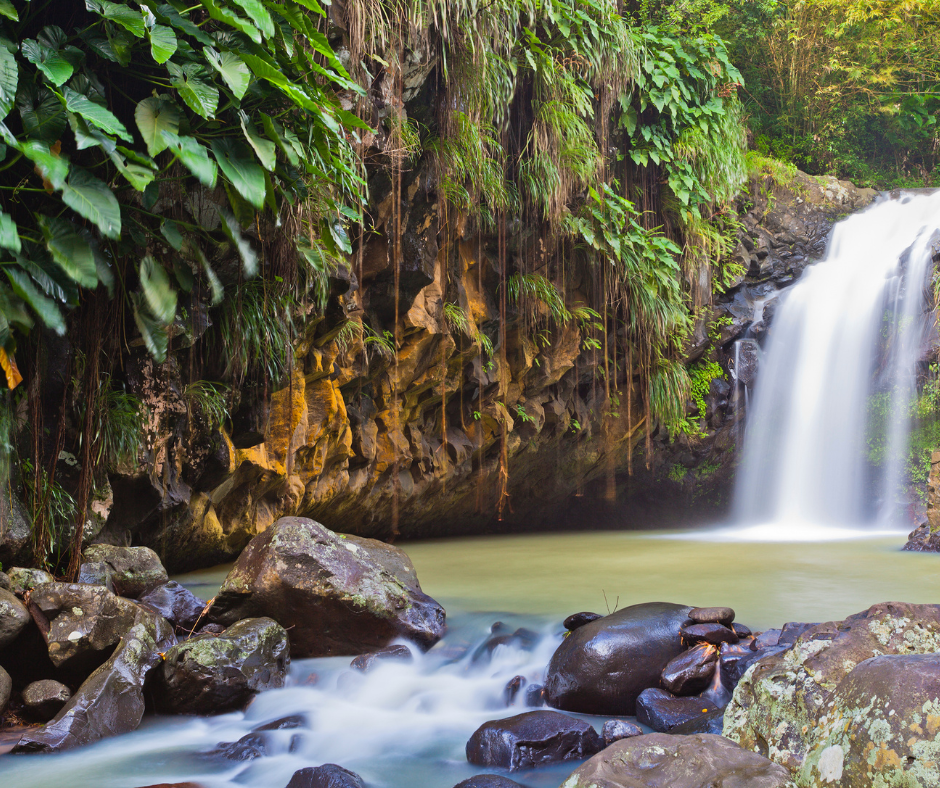
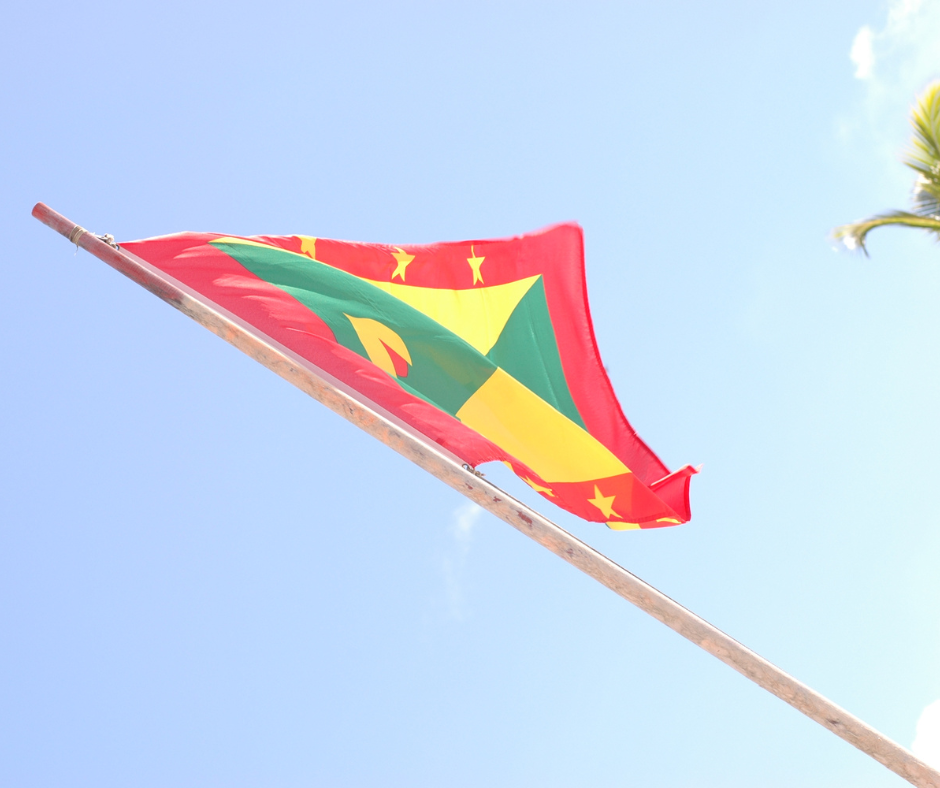
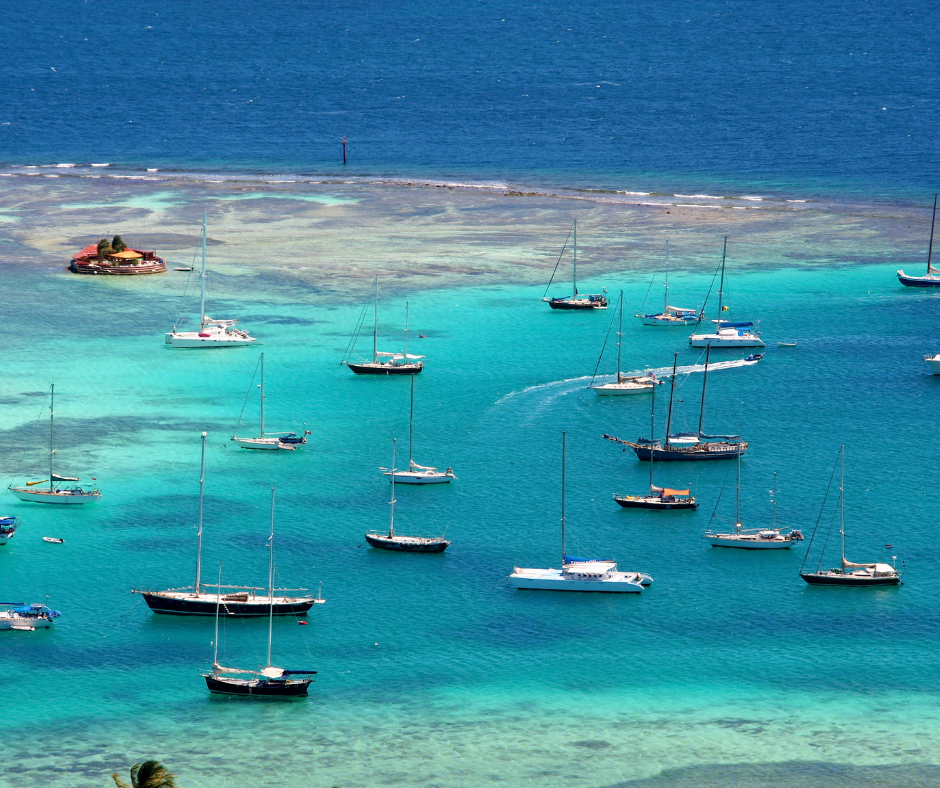
.png)
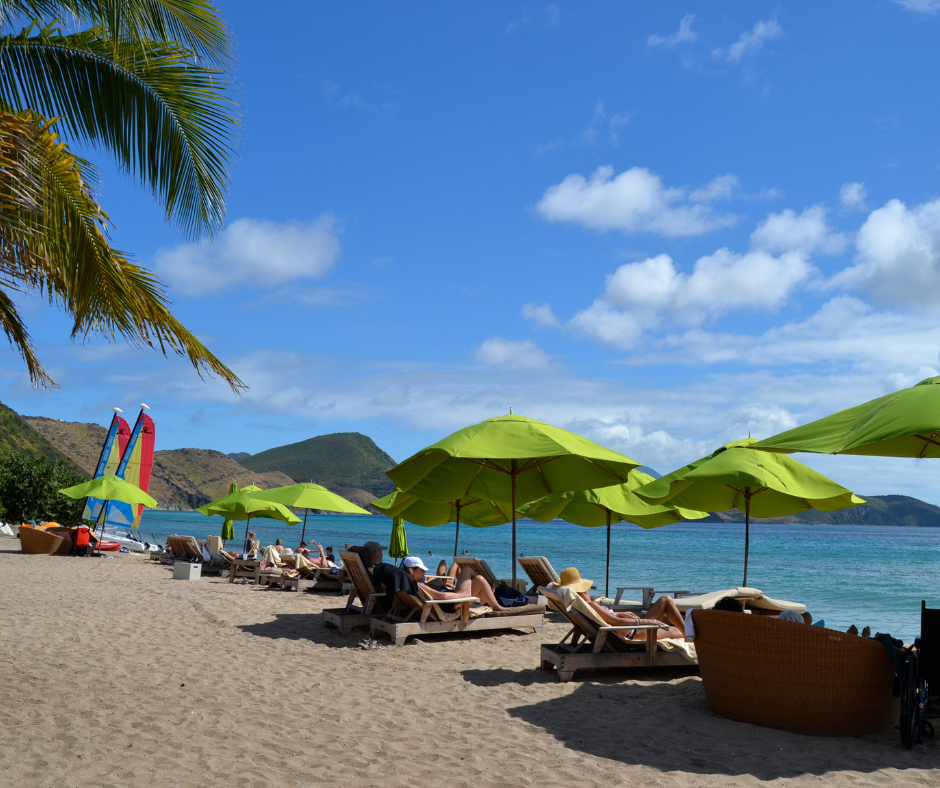
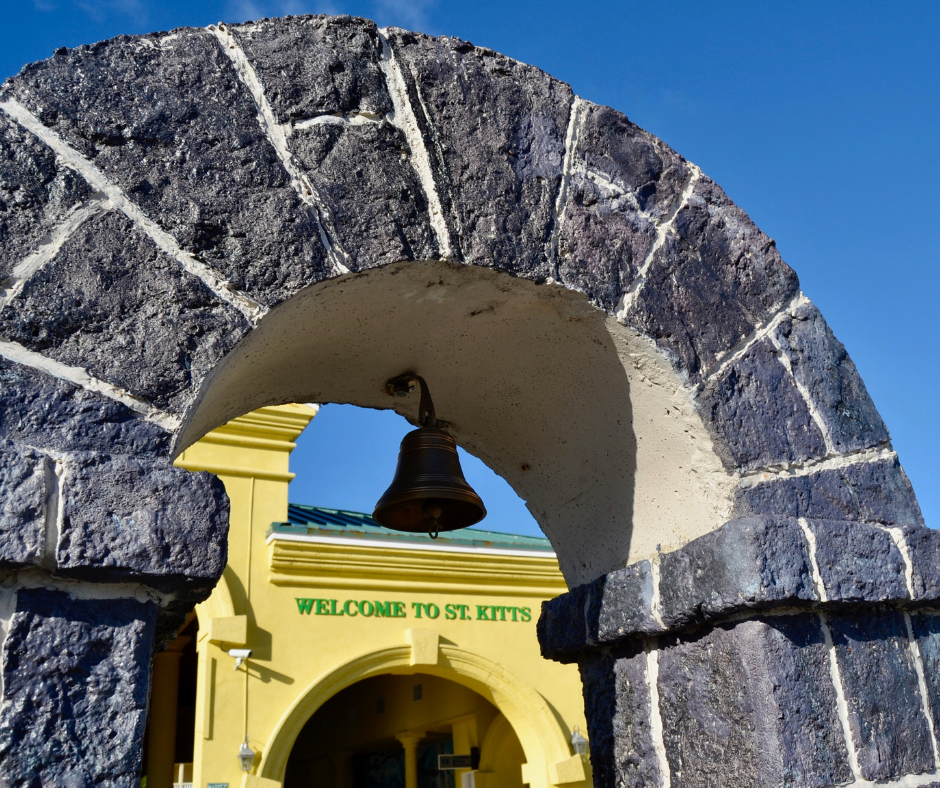
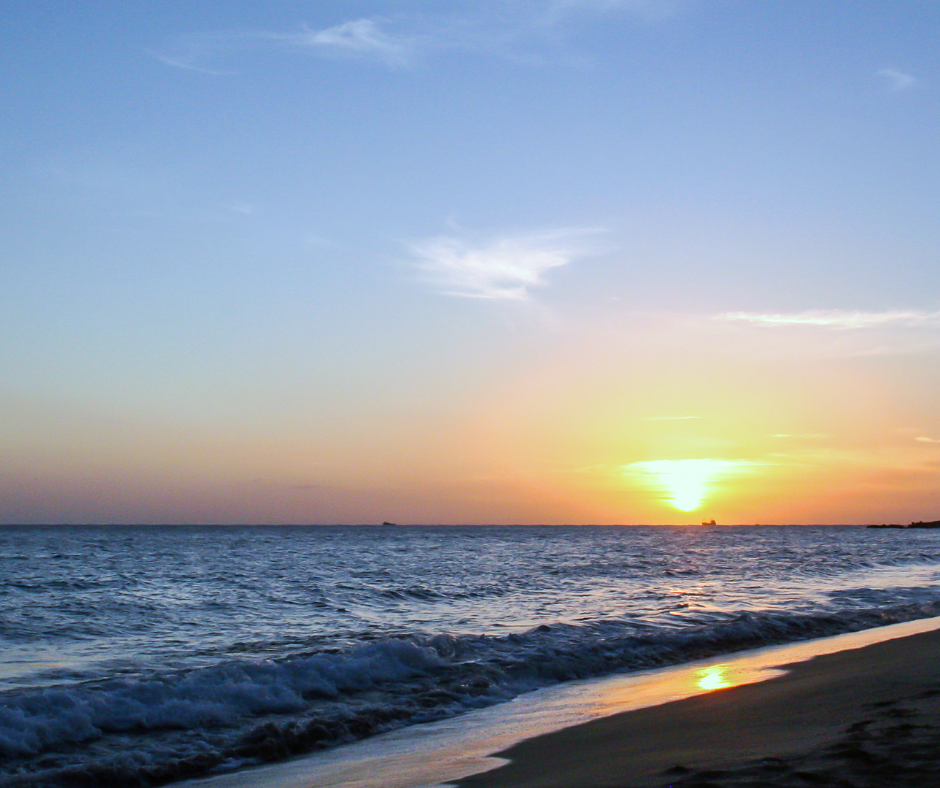
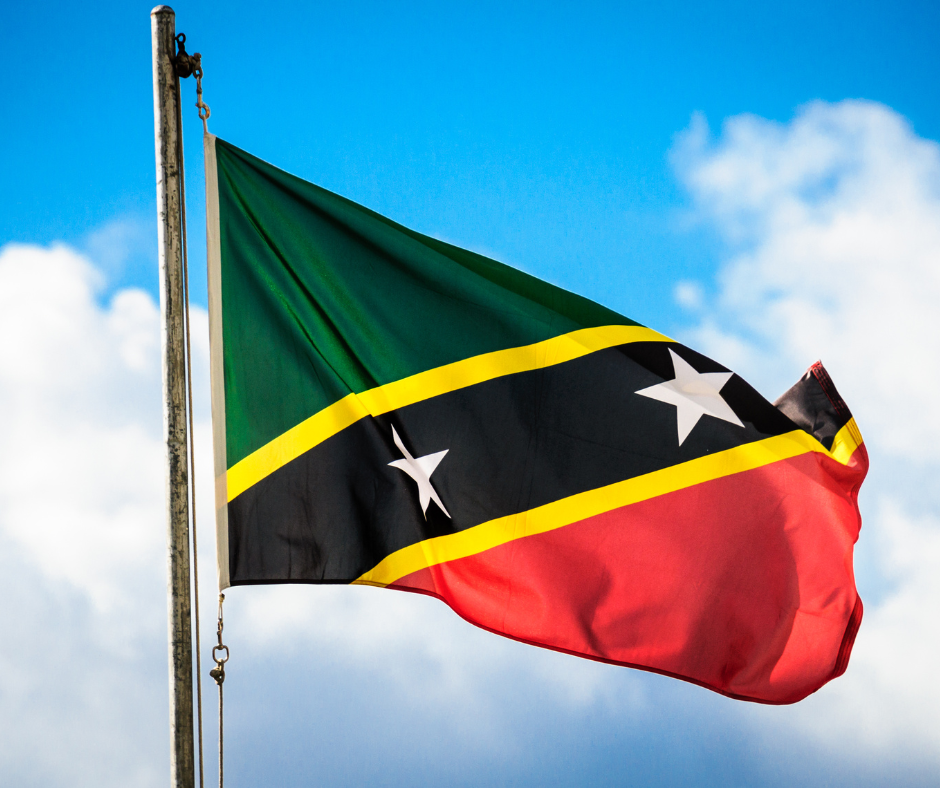
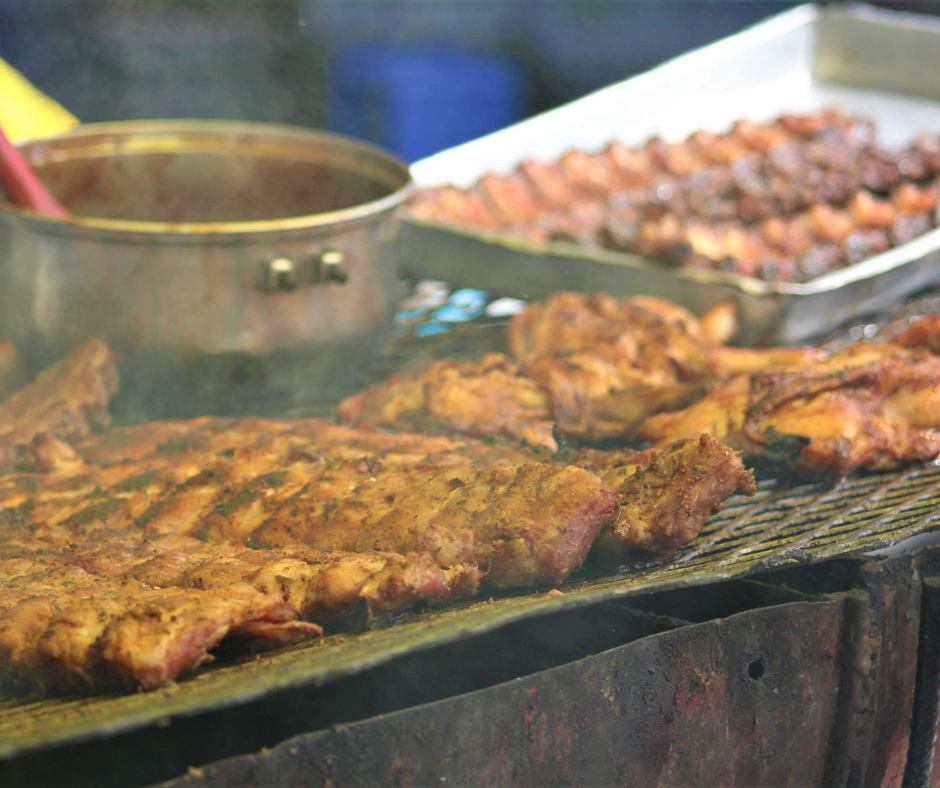
.png)
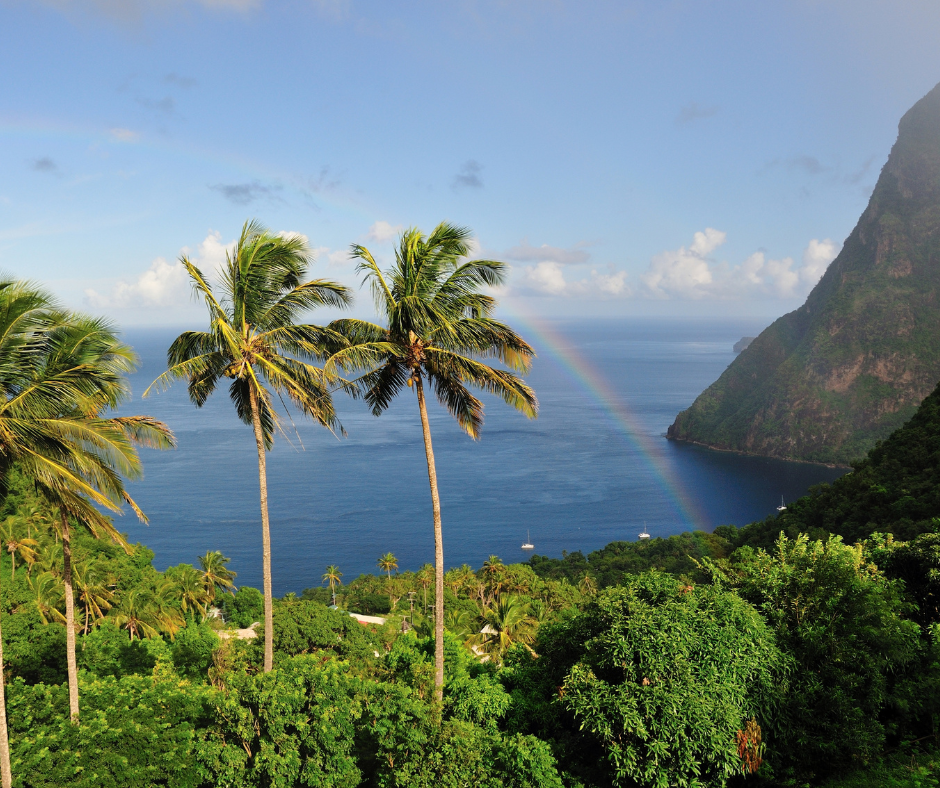
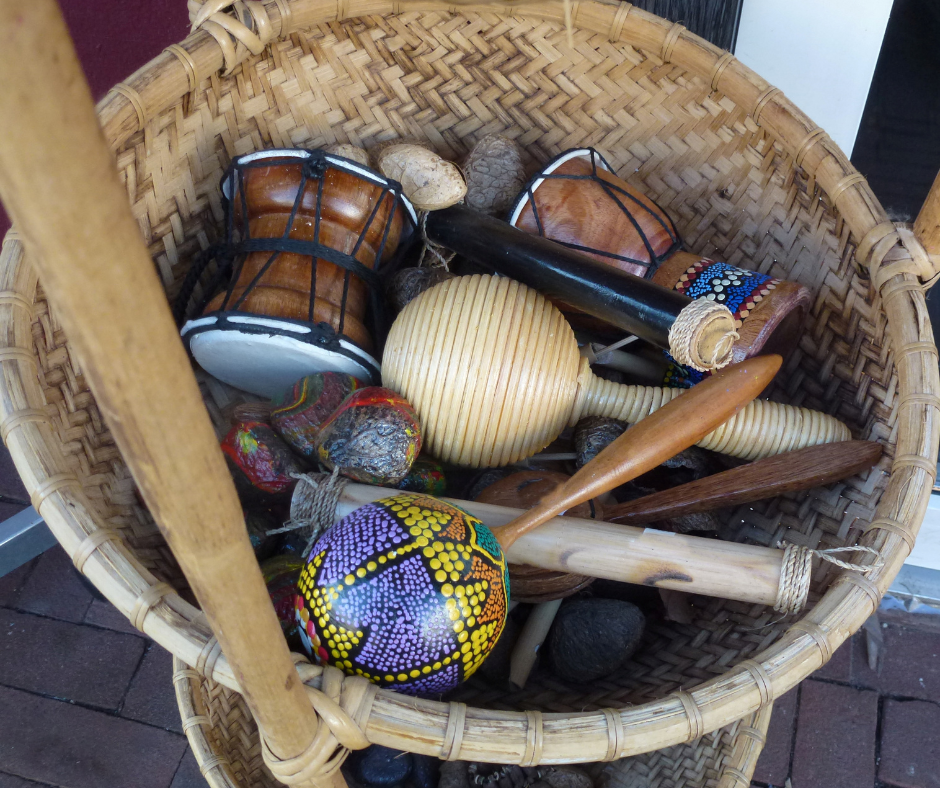
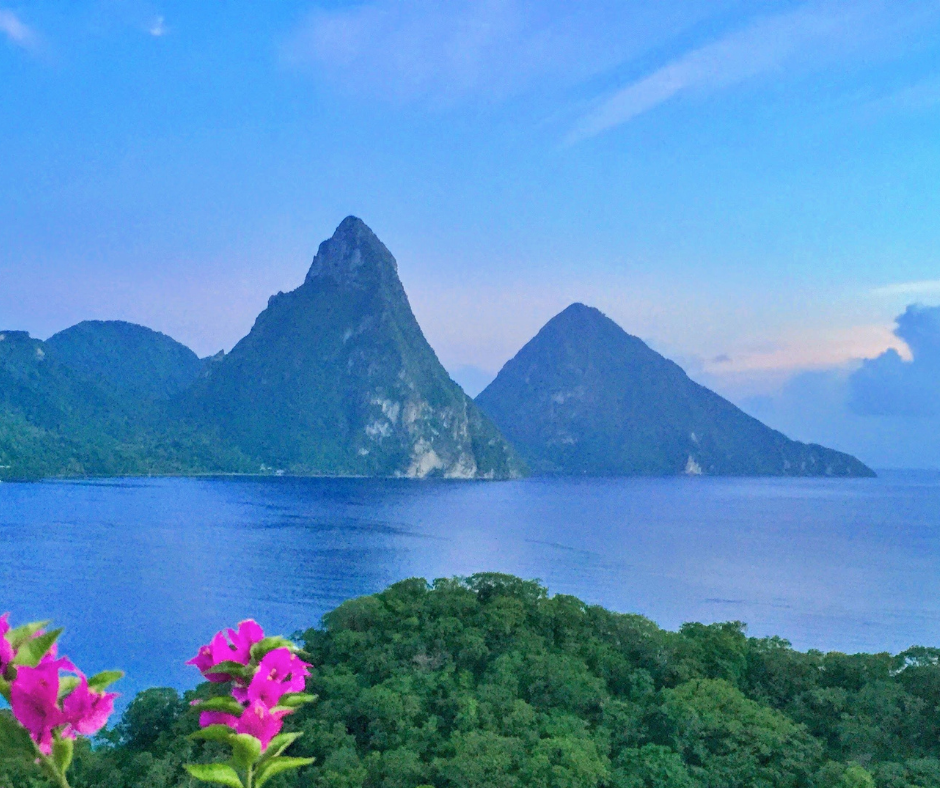
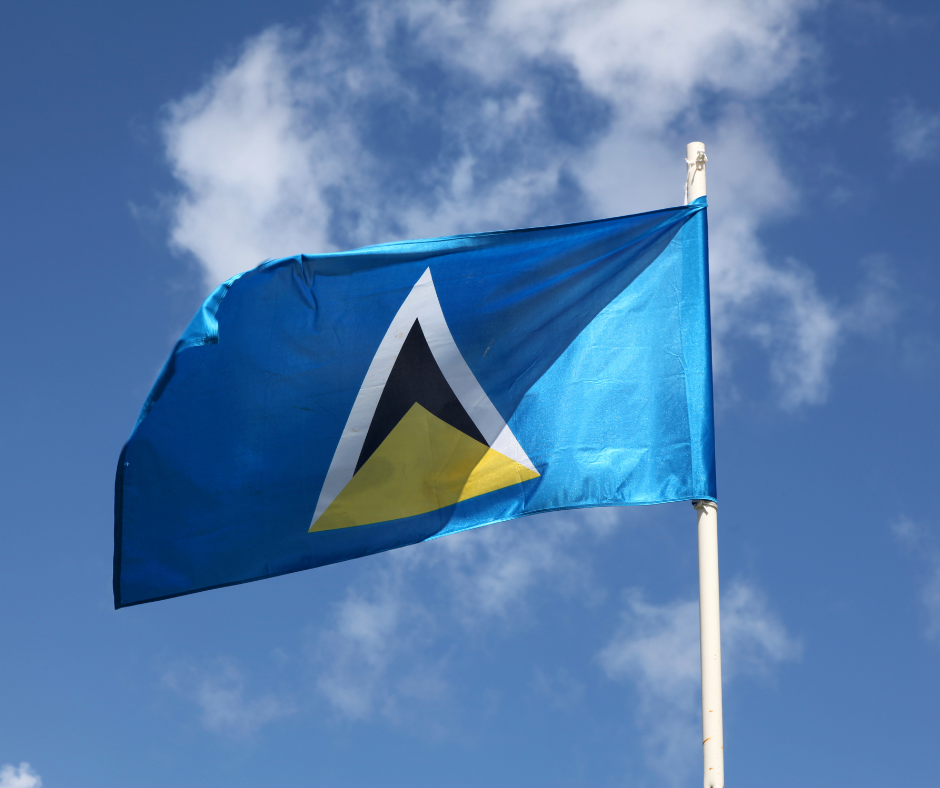
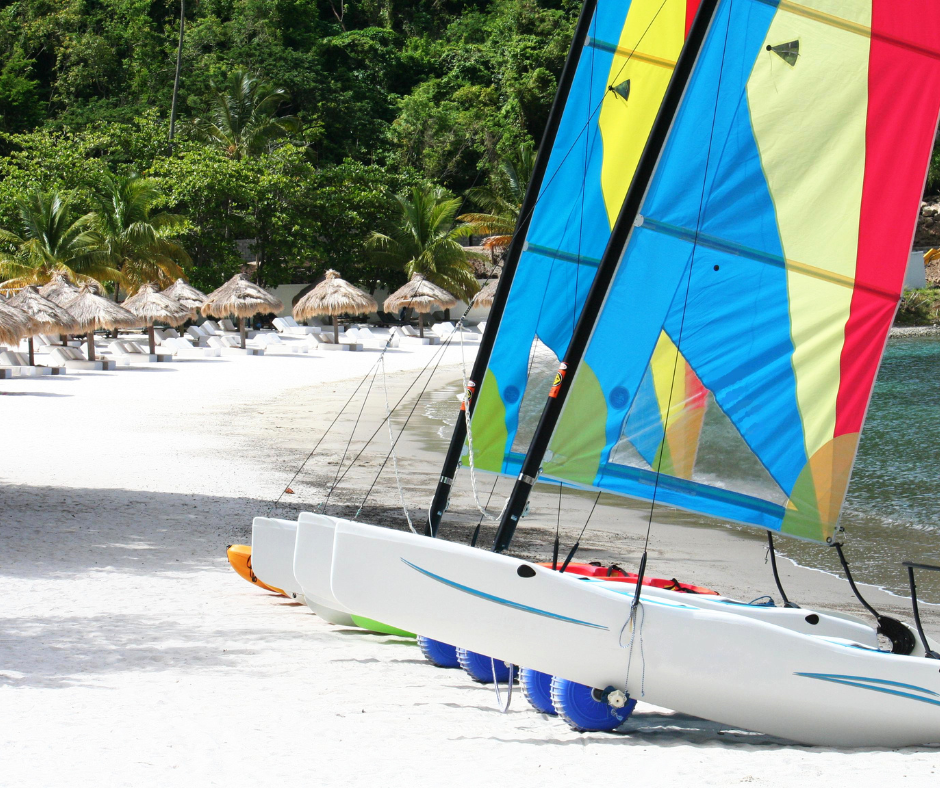
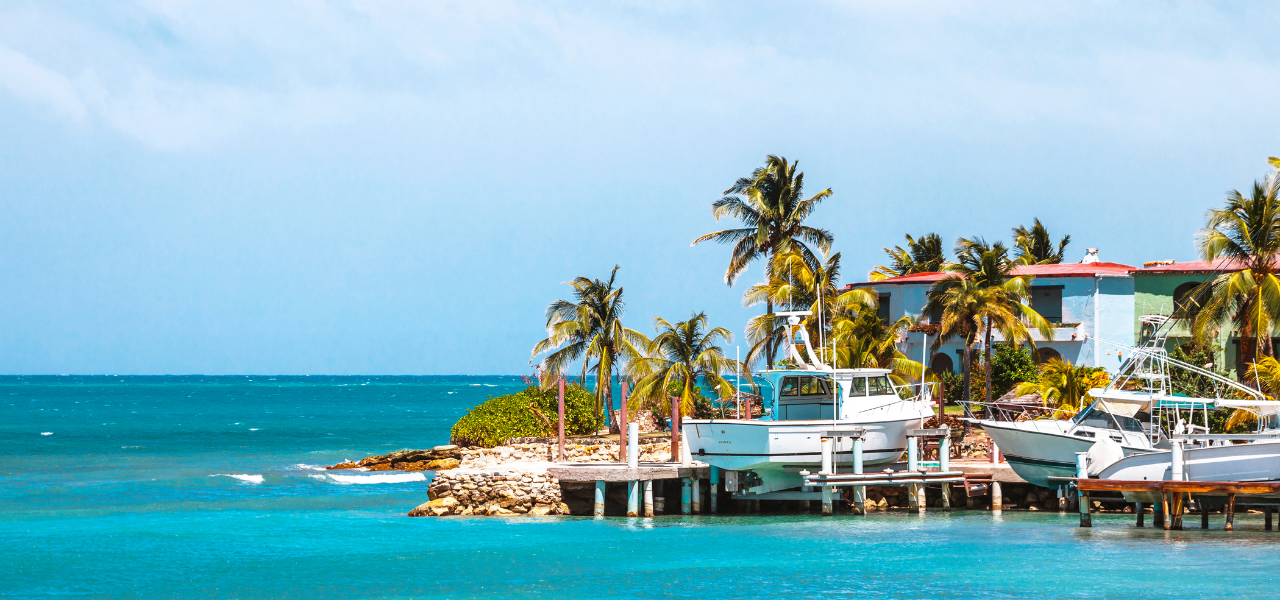
.png)

.png)